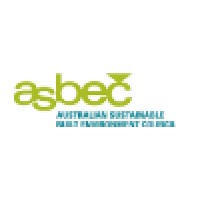
Association for Behavioral Healthcare
For over 40 years, the Association for Behavioral Healthcare (ABH) has been the leading advocacy organization in Massachusetts’ mental health and addiction services arena. Fighting for high-quality, community-based care for families and individuals with mental illness, addiction and substance-use disorders, ABH provides leadership and statewide coordination on important public policy, financing, preferred clinical models and quality assurance issues. ABH is a statewide association representing over eighty community-based mental health and addiction treatment provider organizations. Our members are the primary providers of publicly-funded behavioral healthcare services in the Commonwealth, serving approximately 81,000 Massachusetts residents daily and over three-quarters of a million residents annually, and employing 37,500 people. ABH represents its member providers to funding, legislative and regulatory agencies at the state and national levels and has become a powerful and compelling advocacy organization to ensure that citizens throughout the Commonwealth have access to quality, comprehensive community-based care. ABH identifies and impacts emerging issues relating to mental health and addiction treatment services.






